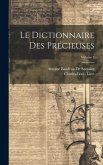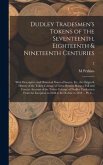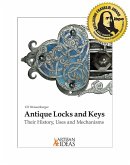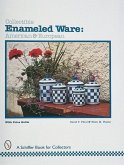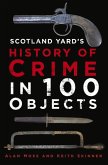Fourteen years ago, a corpus of bamboo-strip texts was found in a late-fourth-century-BCE tomb at Jingmen, Hubei province in central China. The discovery of the "Guodian" texts, together with other recently discovered Warring States manuscripts, has revolutionized the study of early Chinese intellectual history. Kenneth Holloway argues that the Guodian corpus puts forth a political philosophy based on the harmonious interconnection of individuals engaged in moral self cultivation. This unique worldview, says Holloway, cannot meaningfully be categorized as "Confucian" or "Daoist," because it shares important concepts and vocabulary with a number of different textual traditions that have anachronistically been characterized as competing or incompatible "schools" of thought. He finds that within the Guodian corpus familiar philosophical concepts and texts are applied in distinctive ways, presenting a worldview that is quite different from the received textual traditions. In addition to contributing to our understanding of this particular body of texts, Holloway proposes a methodology for assessing a corpus of texts without relying on assumptions and definitions that derive from two millennia of scholarship.
Bitte wählen Sie Ihr Anliegen aus.
Rechnungen
Retourenschein anfordern
Bestellstatus
Storno


